Walnuts Without Shell / California Walnut Kernels Premium / Akhrot Giri – 250 gm (8.8 oz)
24.99US$
Botanical Name: Juglans Weight: 250 gm (8.8 oz) Origin: India Walnuts contains rich amounts of nutrients that offers more health benefits and it helps to improve your brain function, remove bad cholesterol.
Out of stock
 |
 |
 |
|---|
Shipping All Over The World
We've upgraded our shipping! All orders now arrive within 7 days to the USA, UK, and Canada via UPS Express and DHL Express.
Quality Guarantee
Our Products are 99.9% Pure and Stocks are fresh. They pass through multiple quality checks before they are delivered to you.
Lowest Prices & Wholesale Orders
We offer the lowest prices for organic products. If you would like to buy in bulk, get in touch with us.
Secure Payments
Pay Securely using paypal, stripe and other secure payment providers.



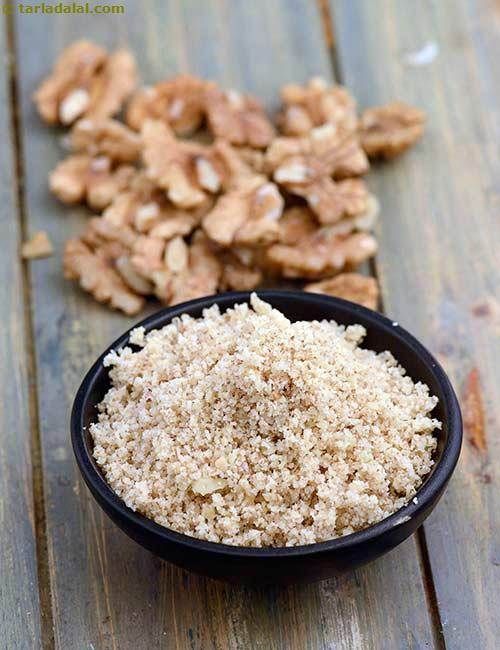

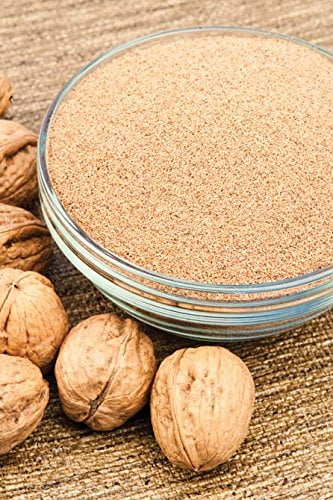
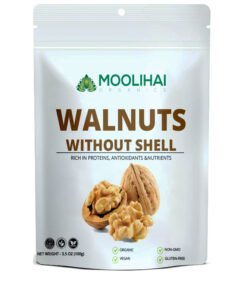



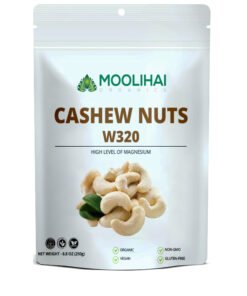

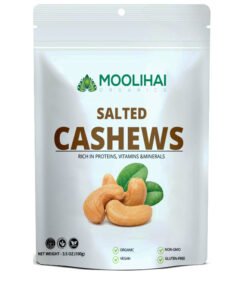

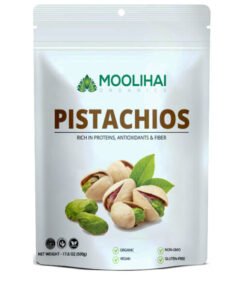


Reviews
There are no reviews yet.